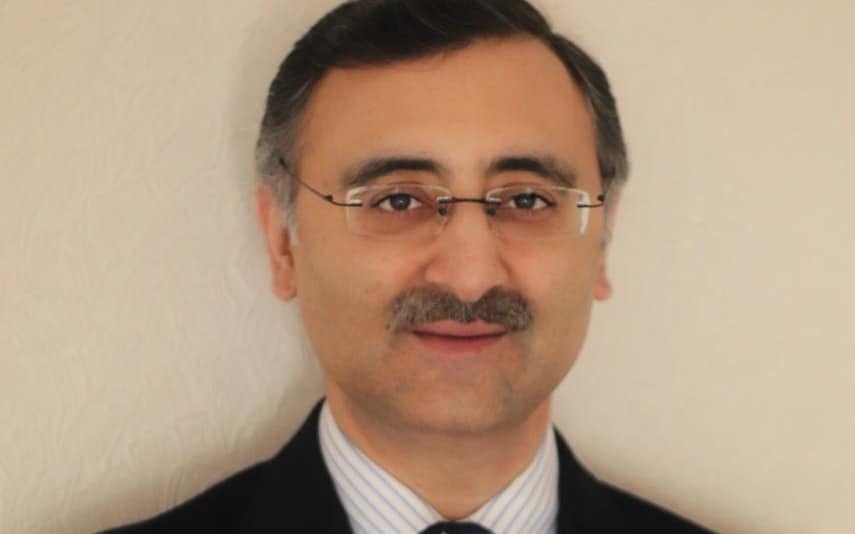‘As an ICU consultant, I see Covid taking an unimaginable toll on my staff’

I’ve worked in intensive care for 20 years, with nine of those years working as a consultant. I’ve seen it all: the results of major car crashes, people who are seriously ill with rare disorders, but never in my entire career has there been a year as stressful as the past one.
Covid is a totally different condition than what we’re used to seeing. In the past, patients would typically spend around four days with us before moving on, but with Covid, there is no truly effective drug we can use, so they’re staying for around 10 days.
That, plus the high number of patients being admitted, means the doctors and nurses on my ward are treating twice or three times as many patients as normal. On top of that, the patients they are treating typically have a mortality rate that’s twice as high as is normal in ICU, so overall they’re seeing four times as many patient deaths as before.
This is made even harder by the fact that we regularly have staff off isolating, meaning that there are fewer people around to work. Many evenings I’ll get home after a long and emotionally draining day and there’ll be WhatsApps from the rota staff, begging me to come and do another shift on my day off. You can literally never switch off.
This is taking an unimaginable toll on my staff. The constant deaths are wearing them down and making them feel like they can’t do their job to the standard they want, even when they’re trying so hard.
The rates of PTSD in ICU staff are now apparently roughly the same as they are in military veterans, which sadly, doesn’t surprise me at all. I look around at my staff and see how much they’re struggling: many are drinking more, they’ve taken up smoking again, having terrible nightmares and struggling to sleep. We’re all just so burnt out and desperately in need of some respite, but instead, we’re just getting wave after wave of Covid patients.
We’re trying as best as we can to look after each other, but the restrictions make it so hard. Usually, we’d all cluster in the coffee room to chat and decompress, but there are limits on how many people can go in there now, and we all have to be spaced out.
The matron on the ward has set up a ‘wobble room’ – a small room off to the side where anyone really struggling can go and sit for a few minutes to compose themselves. It is being used a lot more than I would have hoped at the moment.
Keeping my staff going mentally is crucial to the outcomes for patients in the ward. I’m on the council of the Intensive Care Society, and we’ve brought in a clinical psychologist who is running video sessions for our members on managing stress.
People have been telling me how much of a relief those sessions are. They just like to know that they’re not the only ones feeling it. We’re all struggling.
As told to Helen Chandler-Wilde
Have you struggled with mental health during the pandemic? Tell us about your experience here
Read more: The life of an ICU doctor: ‘I have panic attacks on the bus on the way to the hospital’


